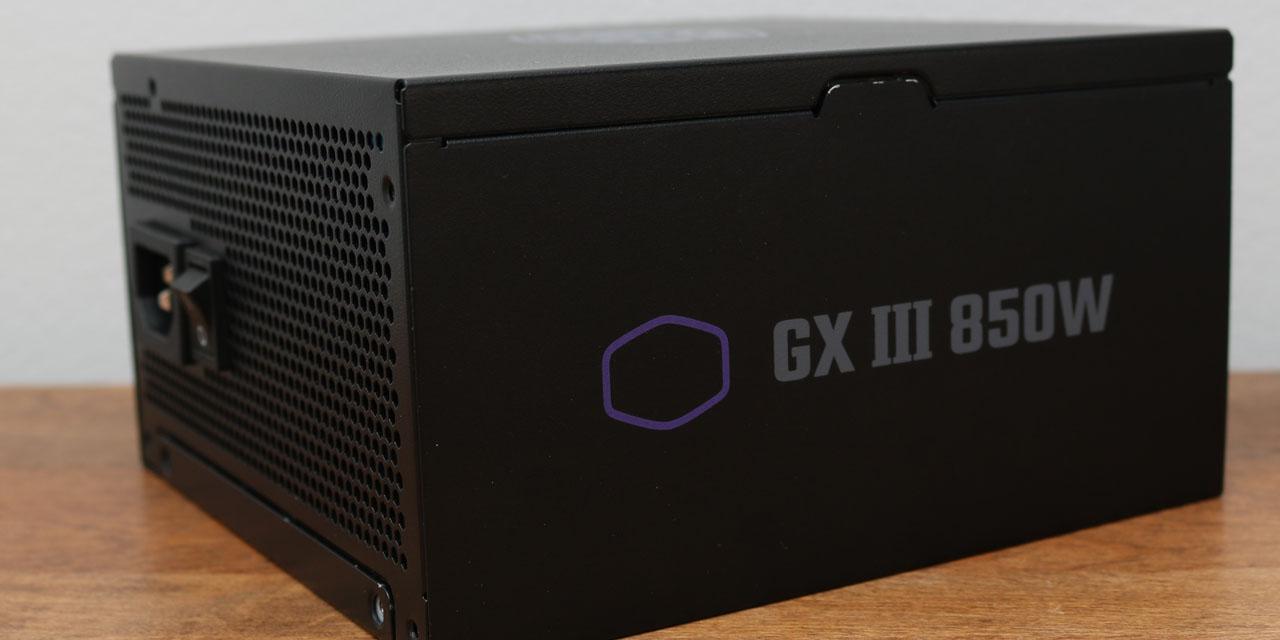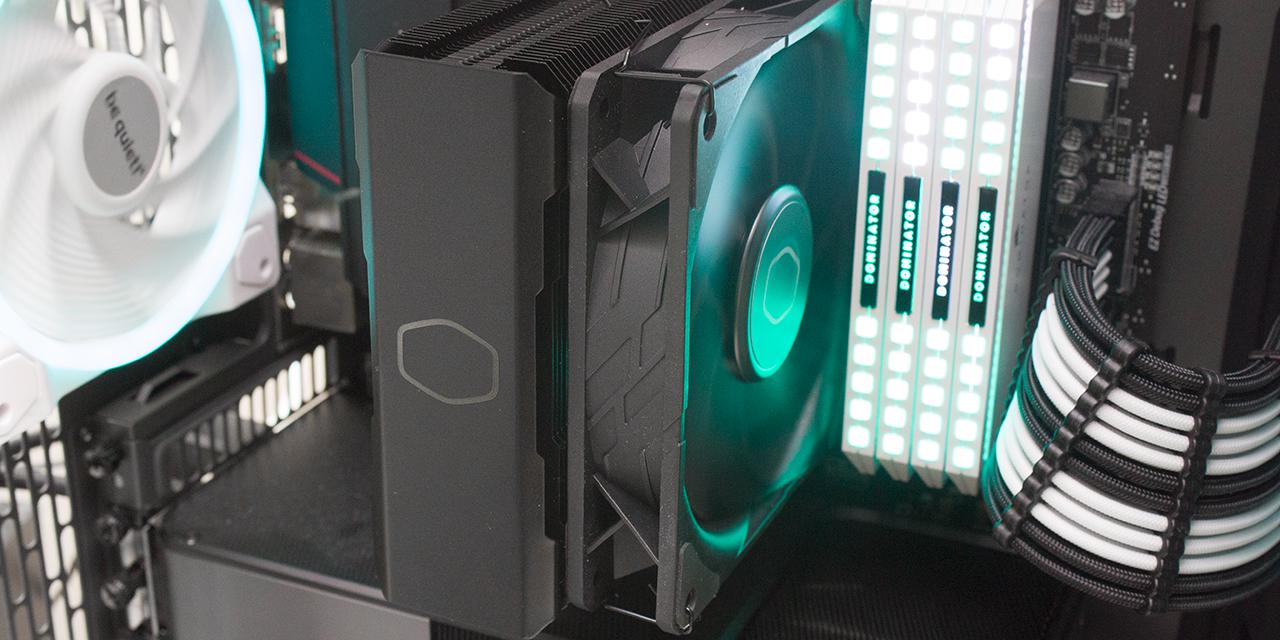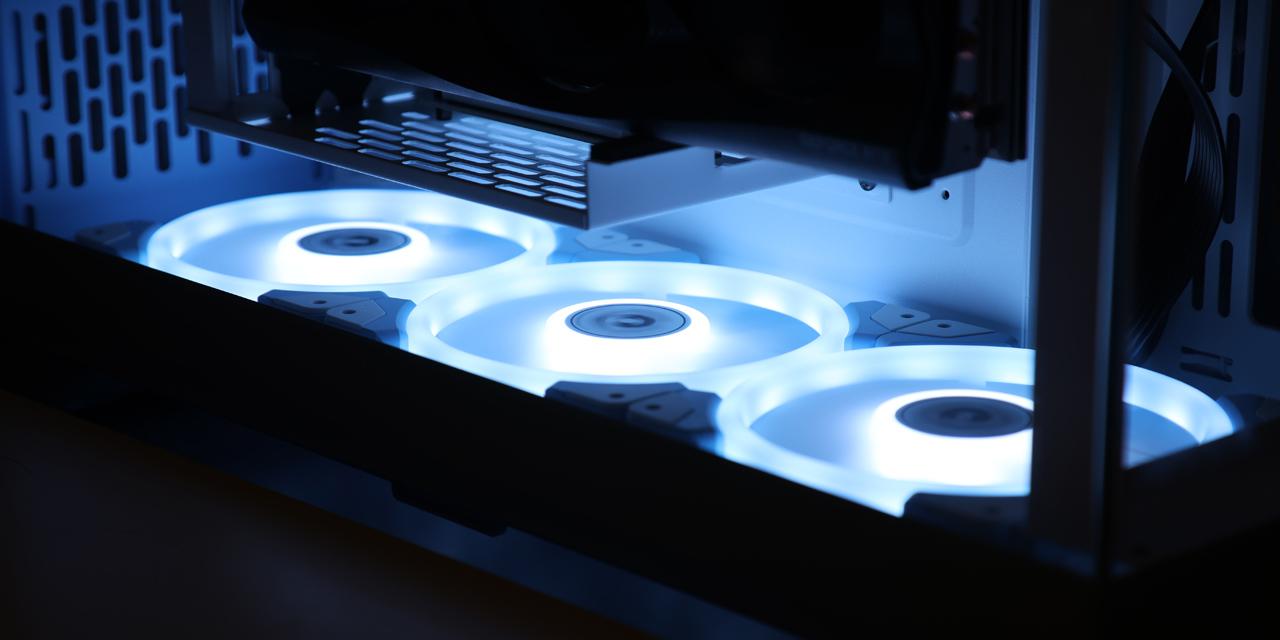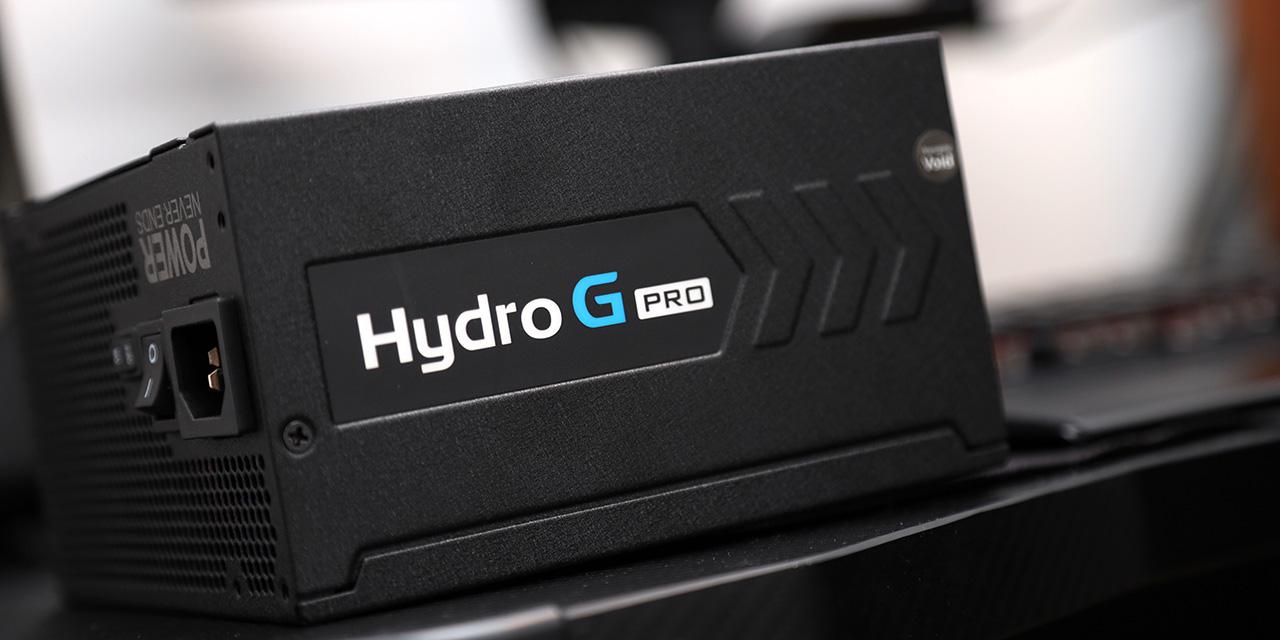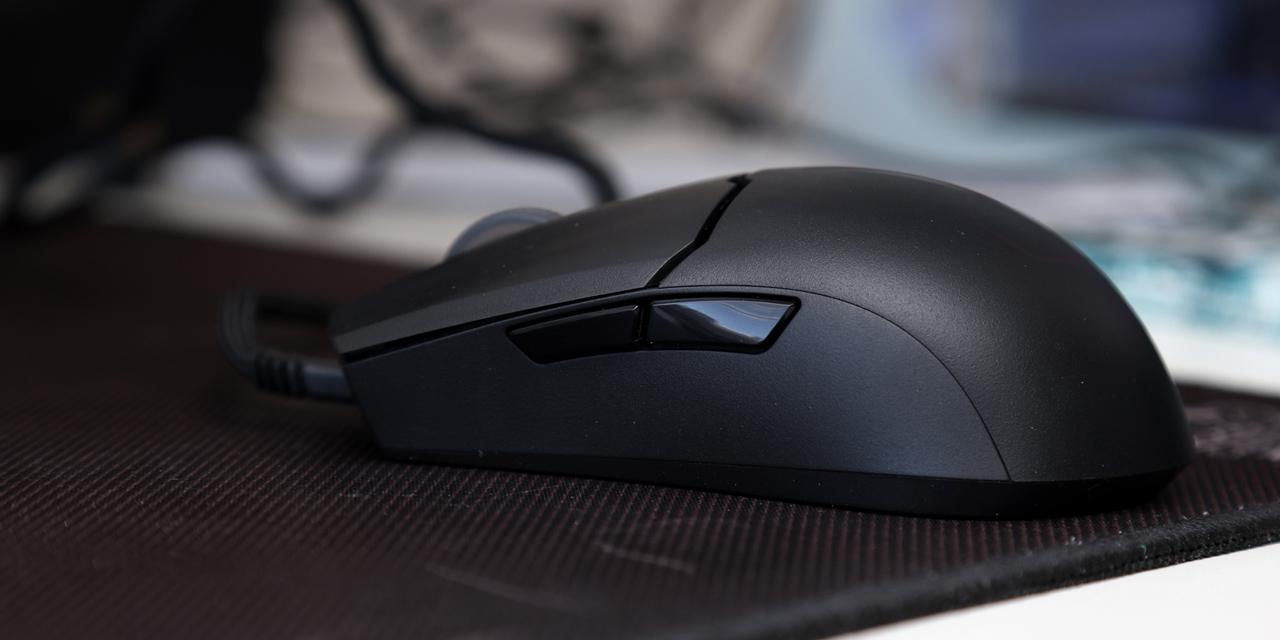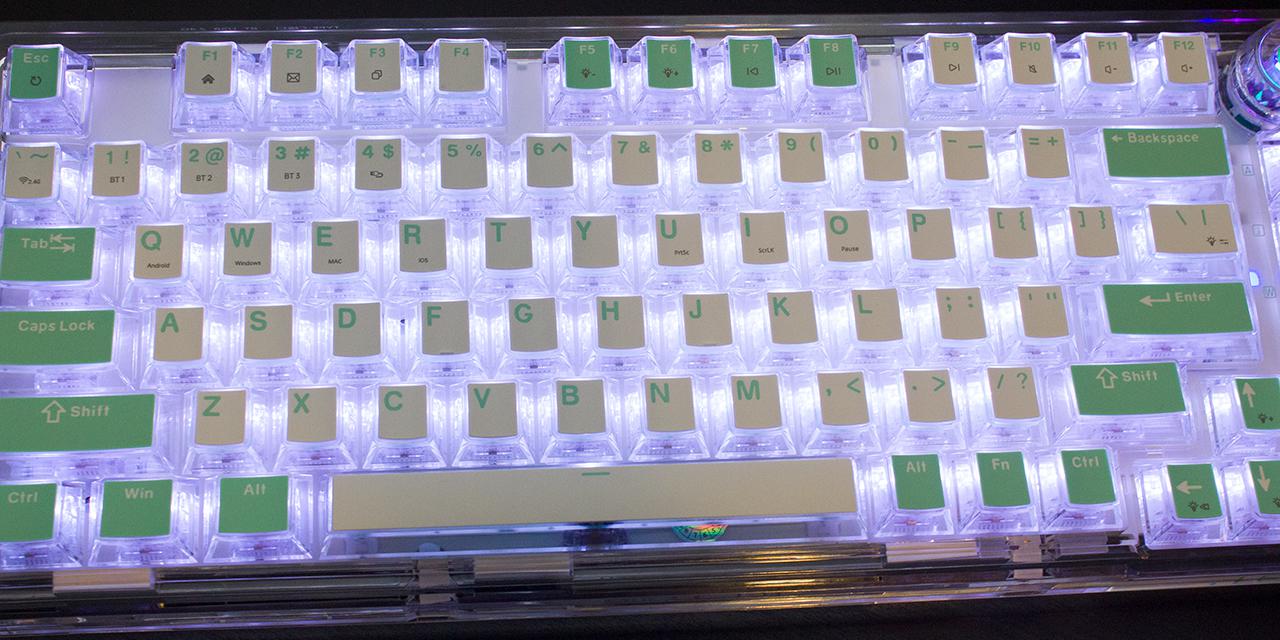|
From Tom's Hardware: Thermaltake has officially announced the Xpressar RCS100; the world’s first DC-inverter-type micro-refrigeration cooling system for a PC. Essentially what Thermaltake has done is combine its Xaser VI computer case with the guts of a refrigerator, which is definitely a cool idea. Apparently, the Xpressar RCS100 was able to cool an Intel Core 2 Duo E8400, which had been overclocked to 4.05 GHz, down to 35-degrees Celsius. If the claims are true, that is 20-degrees cooler than the average water-cooling system. As well, with a single 120 mm fan running at 1600 RPM, the noise in the system is claimed to be a near inaudible 20 dB. Somehow it seems hard to believe that the system’s condenser pump would also be that quiet however. The Xpressar RCS100 is definitely designed with the overclocker in mind, although it does not go too lightly on the power requirements. With the micro-compressor alone using upwards of 50 W, Thermaltake recommends using a power-supply that can support the system hardware plus an additional 100 W. As for PC system compatibility, processors using Intel’s LGA775 or LGA1366 sockets are supported, meaning this system should be compatible with Intel’s upcoming Bloomfield processors. Many popular motherboards are supported, such as the Asus P5Q, although a motherboard with an odd placement for its processor socket may not be compatible. Lastly, some motherboards will leave only enough room for one video card, mainly affecting MSI motherboards it would seem. The micro vapor-compression refrigeration system used in the Xpressar RCS100 is like that of what you might find in a refrigerator or an air-conditioning unit. The CPU cooling process involves a phase change of a refrigerant from a liquid to a gas state, which allows the refrigerant to absorb heat from the processor. Afterwards, the compressor and condenser work together to bring the gas back to a liquid state and the cycle begins again. The refrigerant is environmentally-friendly and the system is equipped with an intelligent IC controller to prevent condensation from forming. View: Article @ Source Site |
 |
Thermaltake's Combines PC Case With Fridge
© Since 2005 APH Networks Inc. All trademarks mentioned are the property of their respective owners.
